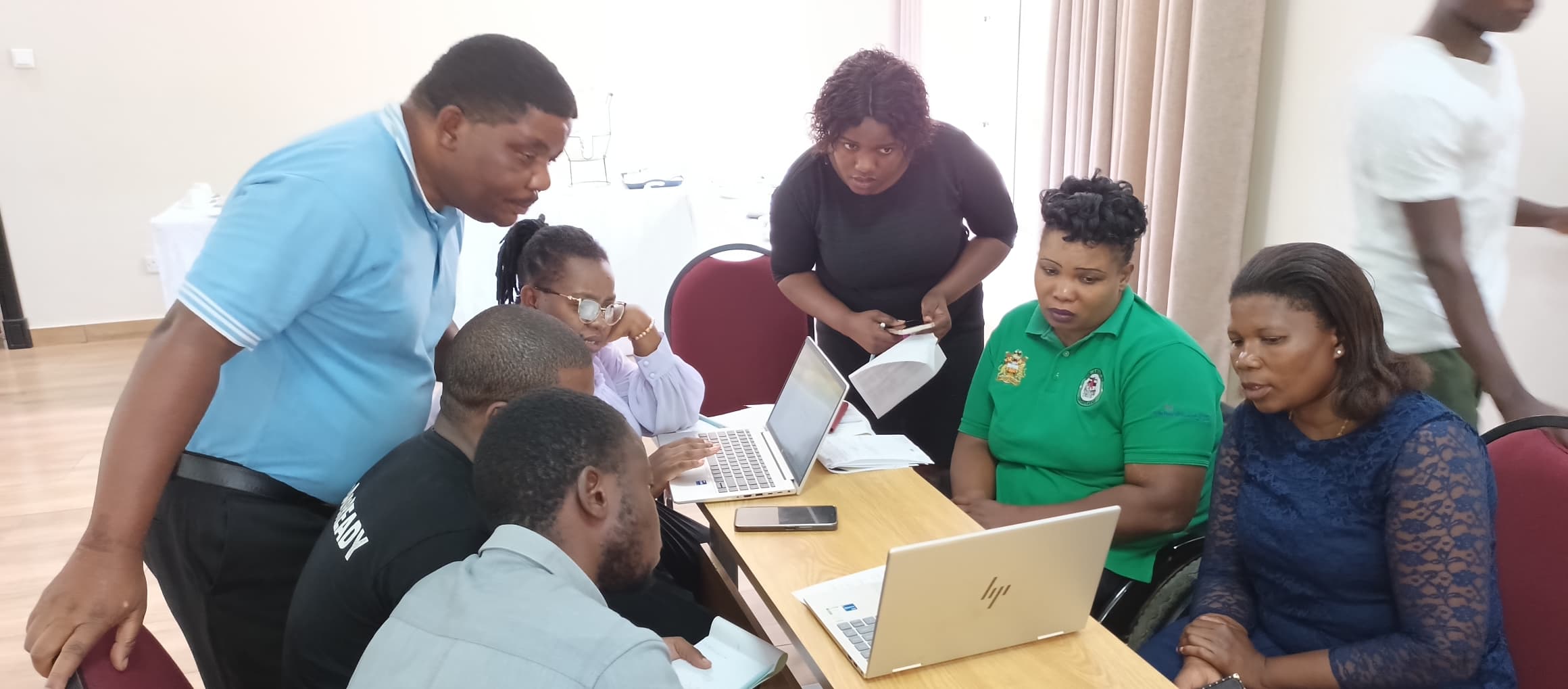Survivors of the non-communicable diseases (NCDs) have pleaded with the Government of Malawi and other stakeholders to seriously consider increasing funding to NCDs fight to prevent untimely deaths of productive citizens.
Charity Mwafulirwa observed that NCDs are claiming more lives than any other well-known disease in Malawi and that delays to increase funding to the fight will have disastrous results on the nation.

Mwafulirwa made the sentiments on the sidelines of the NCD Alliance Policy Brief Meeting, which took place in Lilongwe on Friday.
The main goal of the meeting, which the NCD Alliance Malawi Chapter (NCDAMW) organized the Advocacy Institute Accelerator Grant (2023-2026), was to develop a policy brief advocating for the integration of NCD financing into existing healthcare budgets.
“NCDs are life-threatening diseases. They are claiming a lot of lives because majority of the people that suffer from them cannot afford the cost of their medication and treatment. That’s why I am recommending that they [government and its stakeholders] should make sure that they should allocate adequate funding so that they should cut in all areas where as far as NCD is concerned,” said Mwafulira, a breast cancer survivor.
She further asked the Government of Malawi, through the Ministry of Health and its partners, to train enough specialized healthcare workers and procure adequate drugs for public health facilities.
Mwafulirwa said currently, most health facilities do not have drug and treatment for NCDs; hence, making the fight against the diseases a losing battle.
“They advise patients to adhere to treatment, but rarely provide that treatment. Patients struggle drugs for NCDs. And the cheapest drug for NCDs you can get in town now costs not less than MK1 million. And how many of us can afford that amount?” she asked, giving her own scenario, which required her church, family and friends to contribute towards her medical bill in Dar es Salaam, Tanzania.
“Support for NCDs should be taken seriously because it’s now claiming a lot of lives. You can talk of HIV, at least, I can say there are very little problems there, because drugs are always in supply. People have managed to boost up their immunities through ARVs. That’s what we want with the other NCDs, they should make sure that it should be people should always access their package when they go there,” she emphasized.

NCDAMW Chairperson Maud Mwakasungula said the meeting was part of the broader advocacy efforts to ensure sufficient resource allocation for NCD care, which has long been underfunded in Malawi.
Mwakasungula disclosed that stakeholders in attendance were drawn from the Ministry of Health, particularly the NCD Division, Civil Society Organizations (CSOs) working in health advocacy and patient organizations and individuals living with NCDs, offering unique perspectives on the challenges faced by affected populations.
During the meeting, the participants raised a number of issues, including insufficient budget allocations for NCD care, particularly in mental health services, medication procurement, and infrastructure development.
They also highlighted policy gaps such as lack of specialized units for NCD and mental health patients, and weak regulation of herbal medicines and inconsistent enforcement of alcohol policies that exist in the sector.
They proposed the introduction of health insurance schemes for Malawians and sensitizing those in pilot programs was emphasized as a step toward affordable care.
According to Mwakasungula, the NCDA will prepare a position paper on NCD financing, incorporating stakeholder inputs and evidence from the Policy Landscape Analysis Report.
On the other hand, stakeholders will present the policy brief to parliamentary committees, particularly those overseeing budgeting, to advocate for increased resource allocation to NCD care.
“Efforts will be made to involve diverse partners, including faith leaders and community organizations, to amplify the advocacy message. A nationwide campaign will educate the public on the importance of integrating NCD financing into the broader healthcare system,” she said.
On the globe scene, NCDs kill 41 million people each year worldwide, equivalent to 71% of all deaths globally. In the Region of the Americas, 5.5 million deaths are by NCDs
Malawi is one of the countries with a high burden on NCDs, which are estimated to have caused 40 percent of deaths in 2019.
Malawi’s Health Sector Strategic Plan III 2023-2030 highlights that NCDs are the fastest growing cause of mortality and morbidity in Malawi. The burden is significant, compounded by factors such as insufficient healthcare resources, unregulated herbal medicines, and limited access to affordable treatment.
The meeting last week, therefore, marked a critical step toward changing the narrative, with stakeholders uniting to ensure NCDs receive the attention and funding they deserve.
By addressing policy gaps, mobilizing resources, and building public awareness, Malawi can make strides in combating the growing NCDs crisis, according to Mwakasungula.
